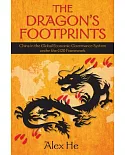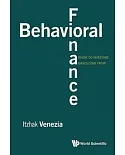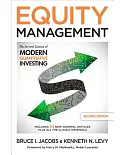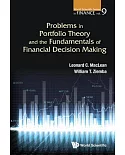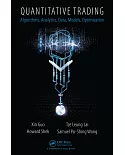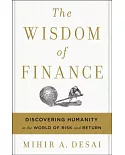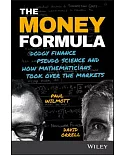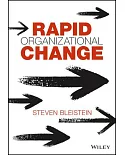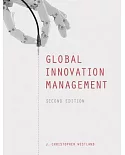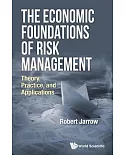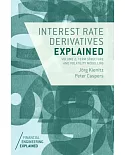"’At a time when many observers are concerned about the danger of currency and economic wars, this scholarly account of the monetary and economic tensions of the troubled years from 1918 to
1939 is particularly welcome. While Alessandro Roselli rightly dismisses the simplistic notion that this history can "dispense" lessons to be applied by policy-makers today, a study of the
period can nevertheless, as he states, "contribute to a better understanding of current circumstances." The theme of the story, asRoselli tells it, is clear: how bilateralism and dirigisme in
international financial relations emerged from the collapse of the universal gold standard, and how this poisoned international relations. After an enlightening account of the German
hyperinflation and monetary stabilisation of the 1920s, the central chapters trace the growing nationalism of the following years, the resort to foreign exchange controls, and Germany’s
aggressive use of bilateral trade agreements as it sought to overcome the shortage of reserves and the burden of reparation payments. The book concludes with an account of the Nazis’ plans for
the economic and monetary future of Europe, and the wider world, after a German victory. These were based on key concepts that resonate to this day: the need for a multilateral clearing system
in Europe, a re-ordering of international economic relations based on the priority to be given to "goods" over "money and credit" and a primary global role for a European currency - the
Reichsmark - displacing the dollar and sterling. This book fills in some important gaps in our understanding of the history of the period.’- Robert Pringle, first director of the Group of 30,
founder of Central Banking journal, and author of The Money Trap: Escaping theGrip of Global Finance"--


